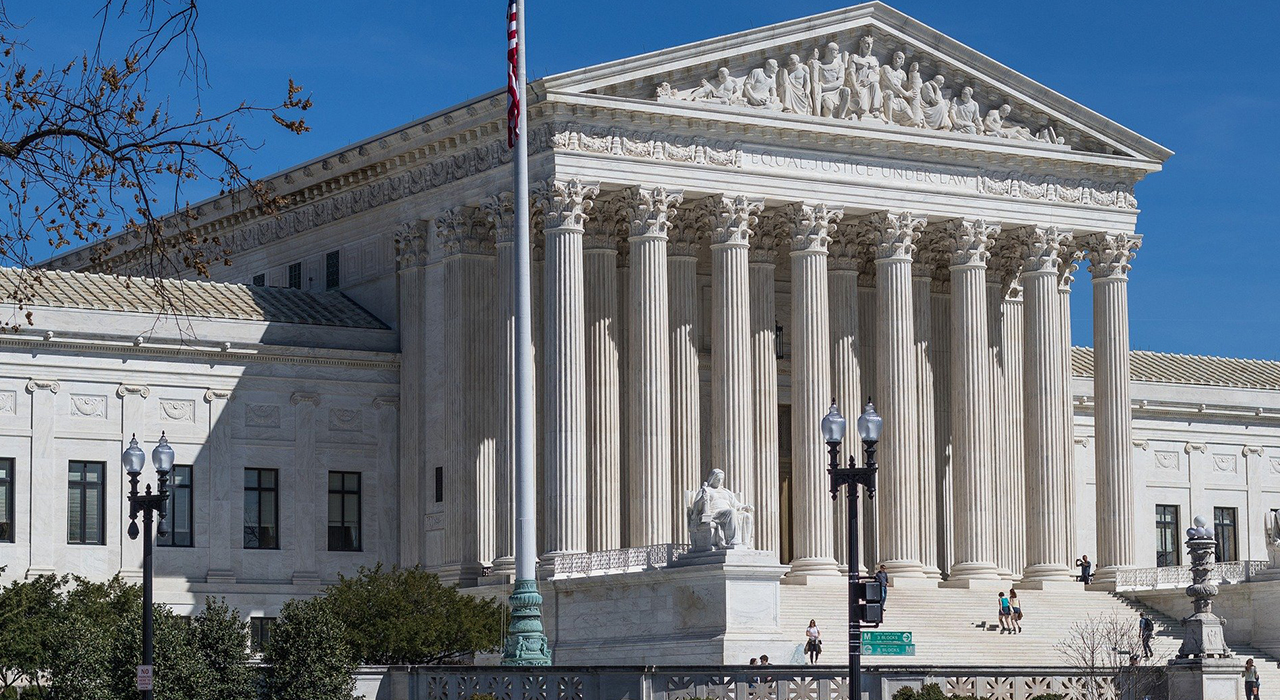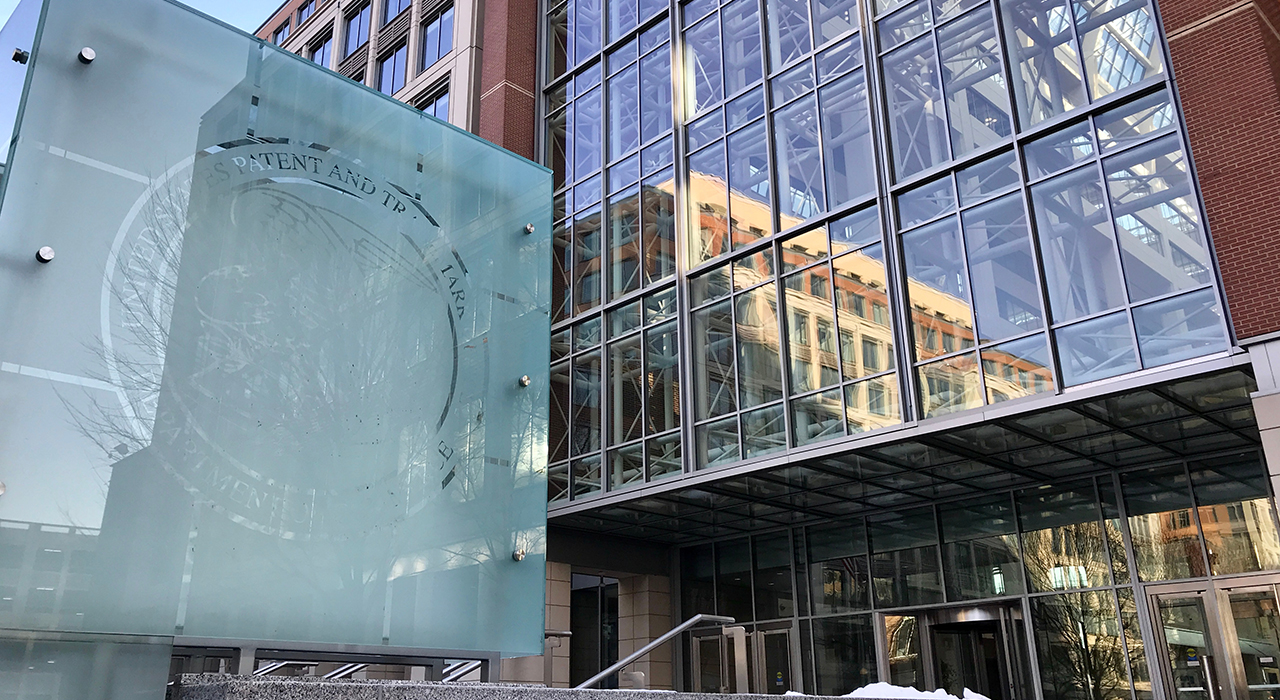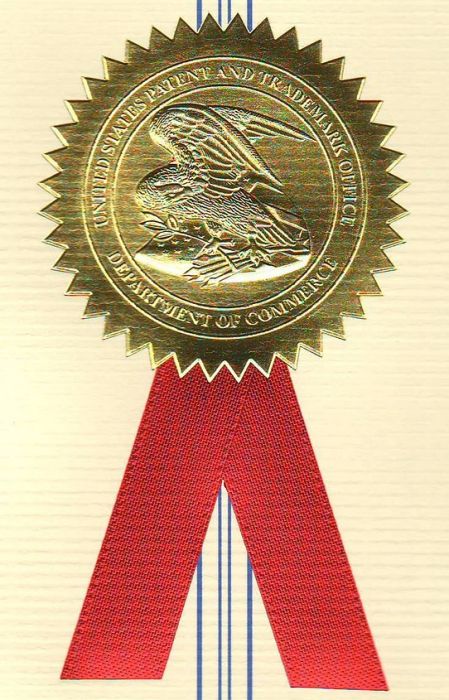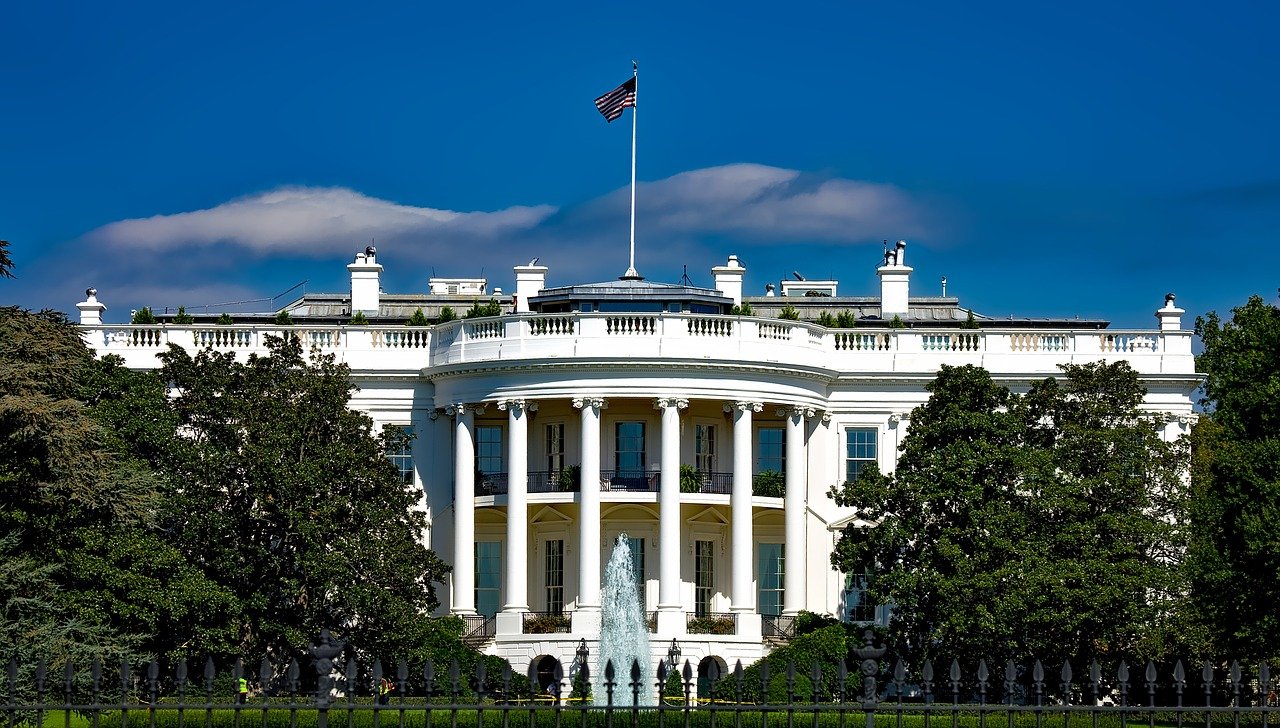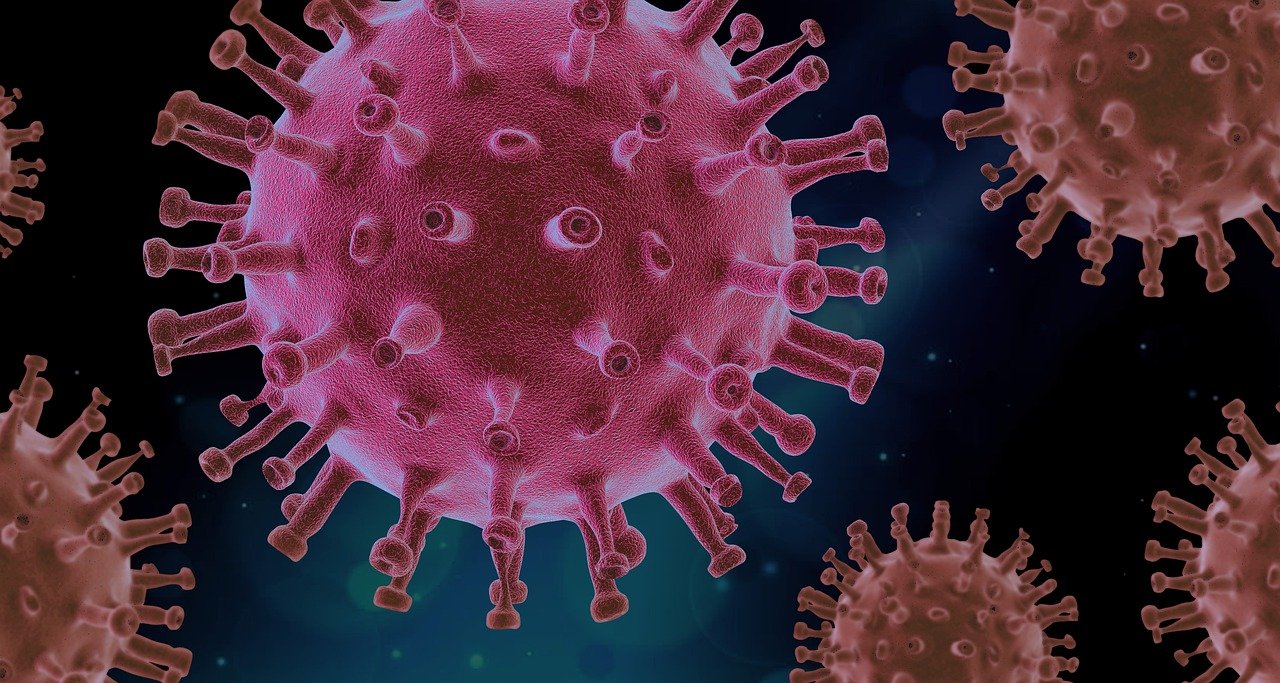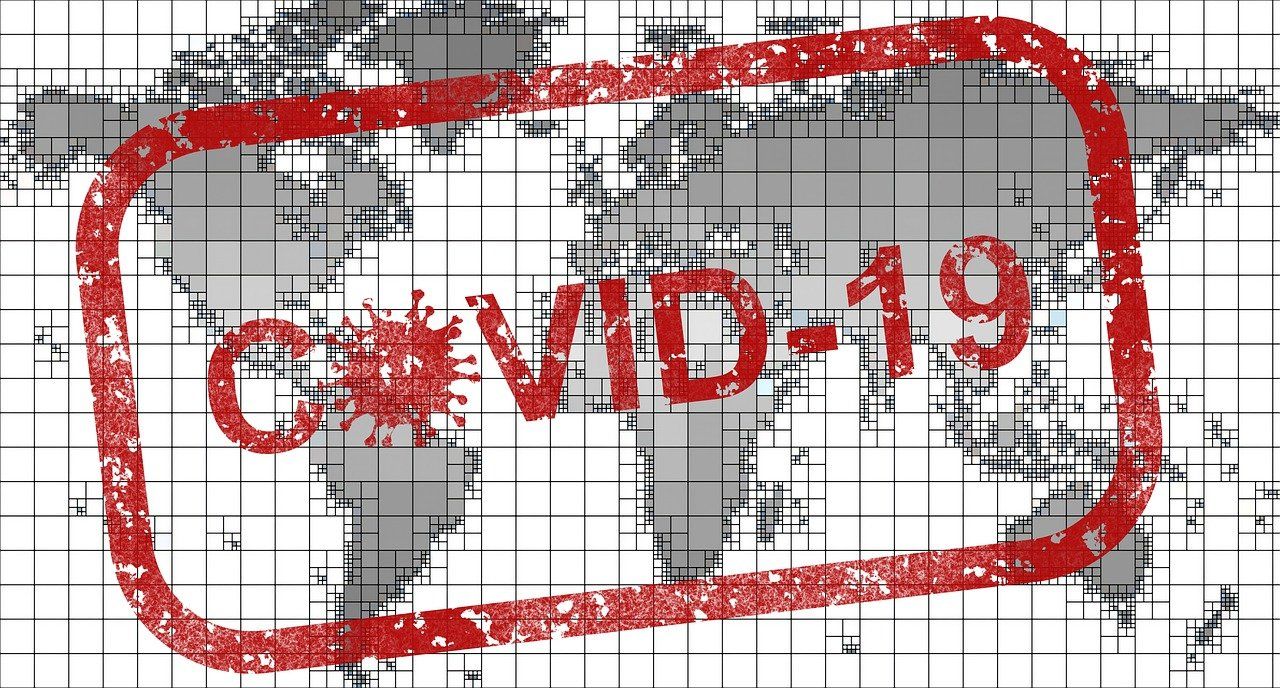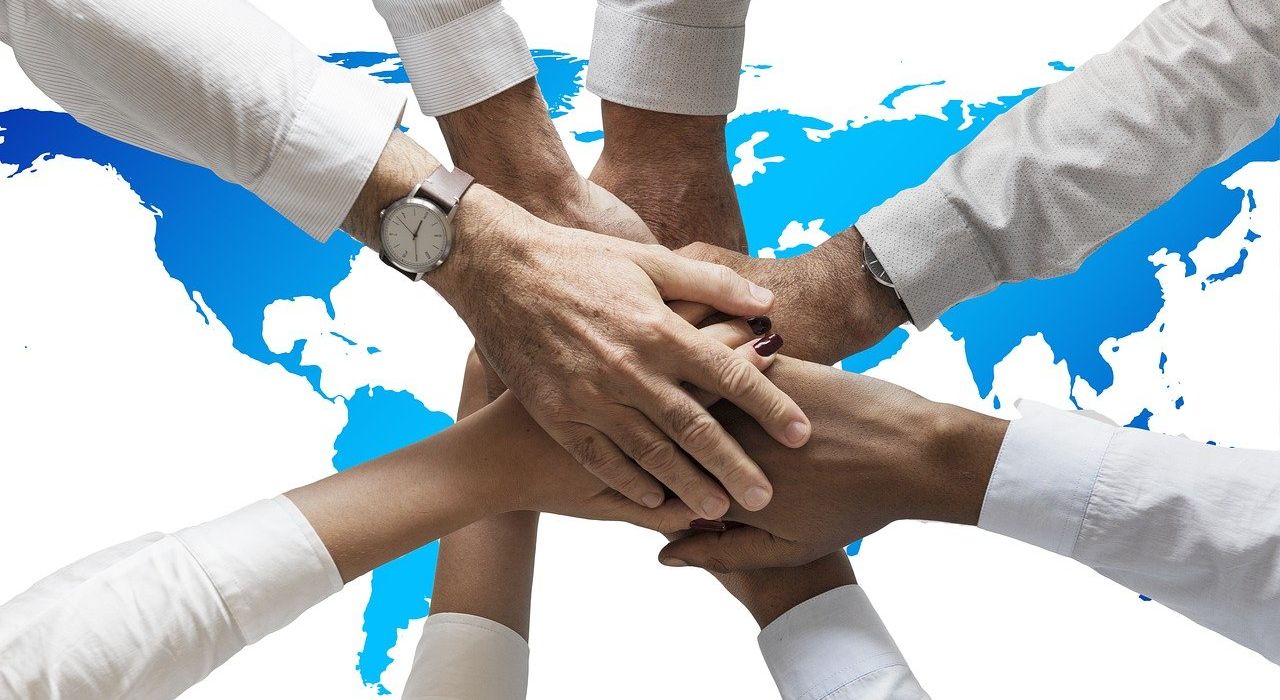The United States Patent and Trademark Office (USPTO) today announced that it will be launching a special category of its Patents for Humanity Program for inventions that address the COVID-19 pandemic. This new award category will provide business incentives for patent applicants, holders, and licensees whose inventions track, prevent, diagnose, or treat COVID-19.
“The Commerce Department is committed to supporting the groundbreaking work of the inventors and companies creating the new solutions we need to overcome the pandemic and other global challenges of the future,” said Secretary of Commerce Gina Raimondo. “The Patents for Humanity program stands as a testament to the strength that human ingenuity can bring to solving humanity’s most pressing problems.”
“Our nation’s innovation community is playing a crucial role in devising creative solutions to the ongoing pandemic,” said Drew Hirshfeld, performing the functions and duties of the USPTO Director. “Innovation is central to alleviating the difficulties COVID-19 has brought upon the public, and this new Patents for Humanity COVID-19 category allows us to provide special recognition to innovators tackling this unprecedented challenge.”
Patents for Humanity Award winners receive a certificate to accelerate USPTO processing for one eligible matter (such as an ex parte reexamination proceeding or a patent application), as well as public recognition of their work. The certificate now has more options for use than those given in previous competitions. Under the Patents for Humanity Program Improvement Act, award winners now may transfer their acceleration certificates to third parties, including for compensation. Winners can now leverage the acceleration certificate to obtain funds to help transform their inventions into deliverable goods and services.
Launched in February 2012, the Patents for Humanity Award is the USPTO’s top honor for patent applicants devising game-changing innovations to address long-standing development challenges. Their success stories can inspire others to harness innovation for human progress. Interested parties who are developing or who have developed technologies related to COVID-19, including those that track, diagnose, prevent, or treat the disease, are eligible to submit an application for this award once they file a patent application.
The notice is published here.


